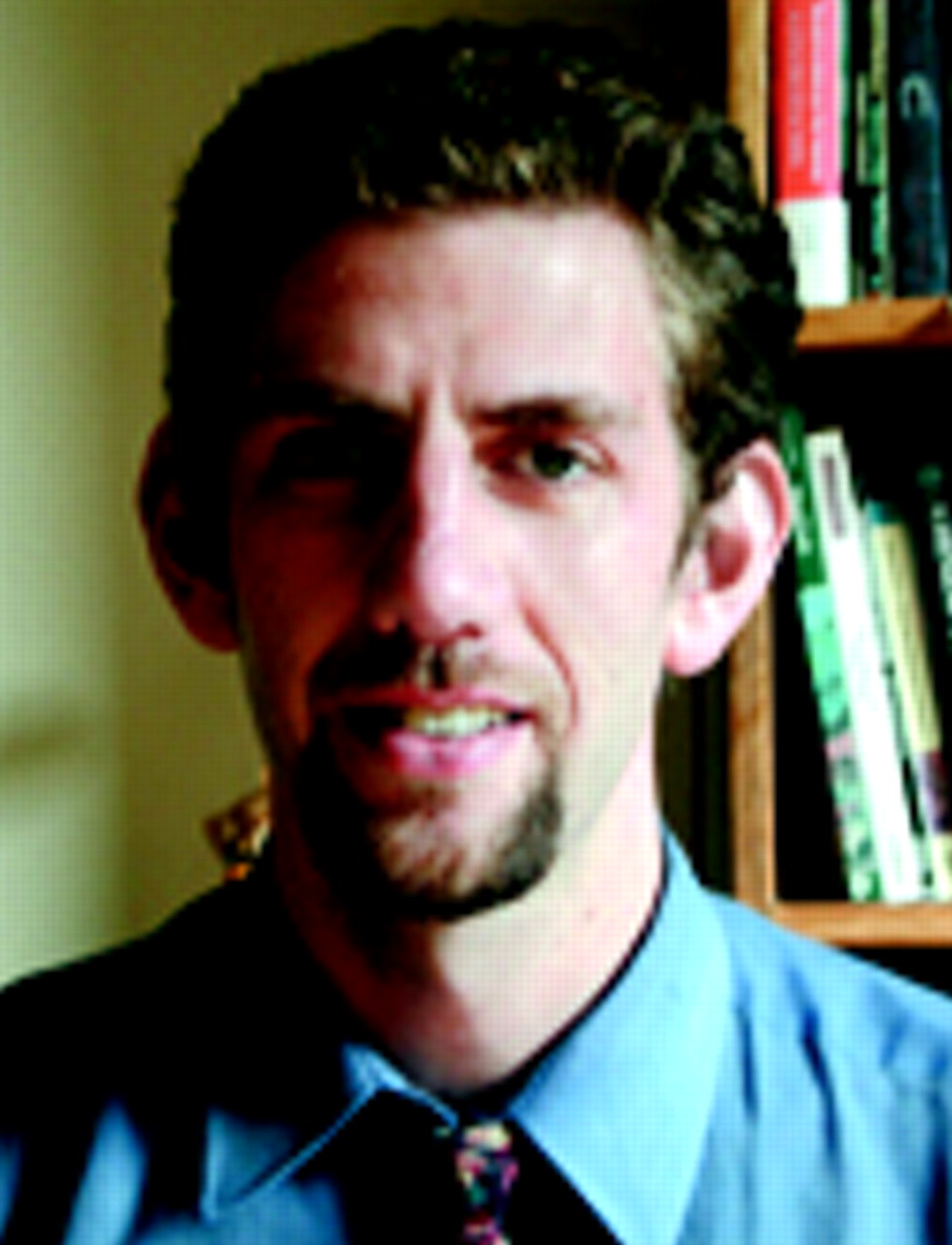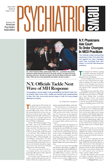On Tuesday mornings, residents in my program in Boston meet for group supervision. But on September 11, we heard the terrible news of terrorism and scattered to watch television sets around the hospital instead. In front of one TV, a medical intern turned to me and said, “Well, as a psychiatrist, at least you know how to deal with this.” I could only shake my head in reply. Since then I have been trying to figure out “how to deal with this,” and I write this column in the hope of fostering dialogue about our reaction as psychiatrists to the trauma and terror caused by the terrorist attacks.
Although we were further away from ground zero than our New York City colleagues (see the column by Avram Mack, M.D., in the October 5 issue), our experience in Boston was disturbing. I spent the night of September 11 on call in an eerily quiet emergency room, awaiting medflights of survivors. None came, and the shock settled in a bit more. Several days later I still felt jumpy and unsafe, and was scared by every plane flying low over my house on approach to Logan International Airport. When rumors of threats to Boston spread, I followed the advice of an Israeli acquaintance and decreased my exposure to TV news.
Other professionals with whom I spoke were losing sleep, feeling numb, and having nightmares.
While we struggled personally with posttraumatic feelings, social interactions were also different. What would normally have been casual conversations now focused on what had happened, who had been lost, and how we were doing. Boston drivers seemed to show their own form of caring by driving more politely. Many people turned to religious observance. As I write this, it is as though a societywide collective debriefing process continues.
My patients mirrored these posttraumatic reactions in their own unique ways. A couple of patients plagued by self-effacing thoughts felt they should have perished instead. Others felt the event confirmed their fears about the world, and one even perceived signs of a coming Apocalypse.
Many said their personal problems paled in comparison. All of their reactions communicated something about their ways of coping with trauma. My conversations with patients were uniquely influenced by the fact that we had both experienced this tragedy.
My first patient on September 11 started the session characteristically, asking “Are you OK?” She expressed a desire to take care of me, to be sure I would remain a support. Another was concerned I might be unsafe in Boston. One man had imagined that I had been hurt in the attack. On the phone I found myself telling patients “I am still here,” as much to reassure myself as to reassure them.
I also found myself sharing my own emotional reactions to the tragedy in some sessions. One senior supervisor encouraged such affective communication, saying that he still regretted “not crying when [he] really wanted to” in a therapy session following the assassination of President John F. Kennedy. Colleagues noted they felt distracted by their reactions, less able to focus on their work.
To support each other, several residents came together to discuss our experiences since September 11. In some ways, this peer debriefing seemed to raise our anxiety, yet it was comforting to grapple with our fears and acknowledge our grief. We decided to meet every few weeks to support and learn from each other.
Despite that medicine intern’s assertion that I would “know how to deal with” the emotional aftermath of September 11, I have not found insulation from it. However, there are some special ways we psychiatrists can sublimate our emotional reactions. Many of us have already been asked to teach about the prevention, identification, and treatment of posttraumatic reactions, and we can continue to do so through the media and in our institutions. We can develop supportive interventions for those most affected, help caregivers screen for posttraumatic stress reactions in the coming weeks and months, and recommend individual and group treatments for those in need. Information on our professional response is available at APA’s Web site at www.psych.org. I encourage you to inform others of interventions developed for our patients and ourselves through the Member-to-Member list serve (you can sign up through APA’s Web site).
It is likely that our nation will struggle for a long time to find emotional equilibrium and a sense of security in the aftermath of this tragedy. My own experience in the weeks since September 11 suggests that as psychiatrists we may best foster this process by caring for each other in all the ways we know how and learning from each other’s experience when we do not. ▪

